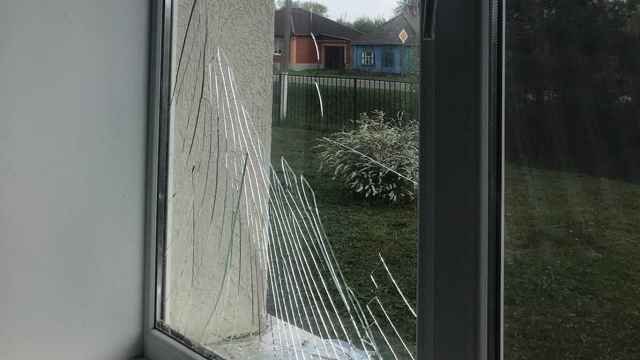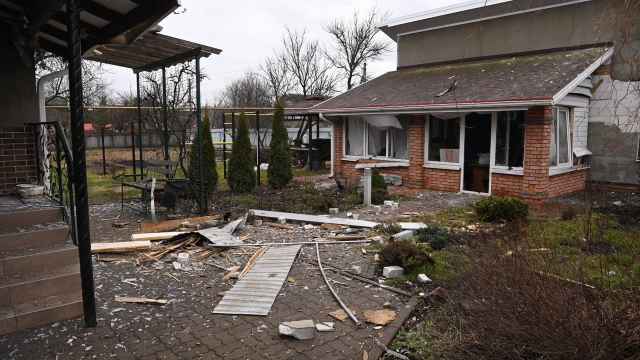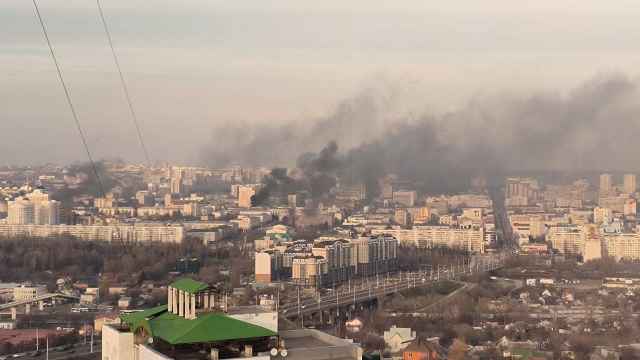Authorities in southwestern Russia’s Belgorod region late Wednesday ordered schools near the border with Ukraine to switch to remote learning for the start of the upcoming academic year amid intensifying clashes between Russian and Ukrainian forces in recent weeks.
“We must not only take all measures to ensure the safety of children but also give them the opportunity to study,” Belgorod region Governor Vyacheslav Gladkov said in a message shared on Telegram.
He said instruction at all schools within 20 kilometers (12 miles) of the border with Ukraine would take place online at the start of the 2024-25 academic year, which begins on Sept. 1. The region’s capital city, Belgorod, falls outside of that 20-kilometer border zone.
Gladkov said instruction at all other schools in the region would take place in person or in a hybrid format “based on the decisions made by school administrators and parents.” He also sought to assure teachers that they would not see a salary cut despite an ongoing “slight decrease in the number of students in the classrooms.”
The move comes as regional authorities continue to evacuate communities near the border “due to the tense situation” caused by regular airstrikes and clashes between Russian and Ukrainian forces.
Earlier this week, pro-Kremlin sources claimed that Ukrainian troops launched attacks on border posts in the Belgorod region in an attempt to “break through the border.” Gladkov confirmed the attacks but otherwise sought to downplay the threat.
On Thursday, at least one person was killed and two others were injured in Ukrainian strikes on the border town of Shebekino in the Belgorod region.
A Message from The Moscow Times:
Dear readers,
We are facing unprecedented challenges. Russia's Prosecutor General's Office has designated The Moscow Times as an "undesirable" organization, criminalizing our work and putting our staff at risk of prosecution. This follows our earlier unjust labeling as a "foreign agent."
These actions are direct attempts to silence independent journalism in Russia. The authorities claim our work "discredits the decisions of the Russian leadership." We see things differently: we strive to provide accurate, unbiased reporting on Russia.
We, the journalists of The Moscow Times, refuse to be silenced. But to continue our work, we need your help.
Your support, no matter how small, makes a world of difference. If you can, please support us monthly starting from just $2. It's quick to set up, and every contribution makes a significant impact.
By supporting The Moscow Times, you're defending open, independent journalism in the face of repression. Thank you for standing with us.
Remind me later.






